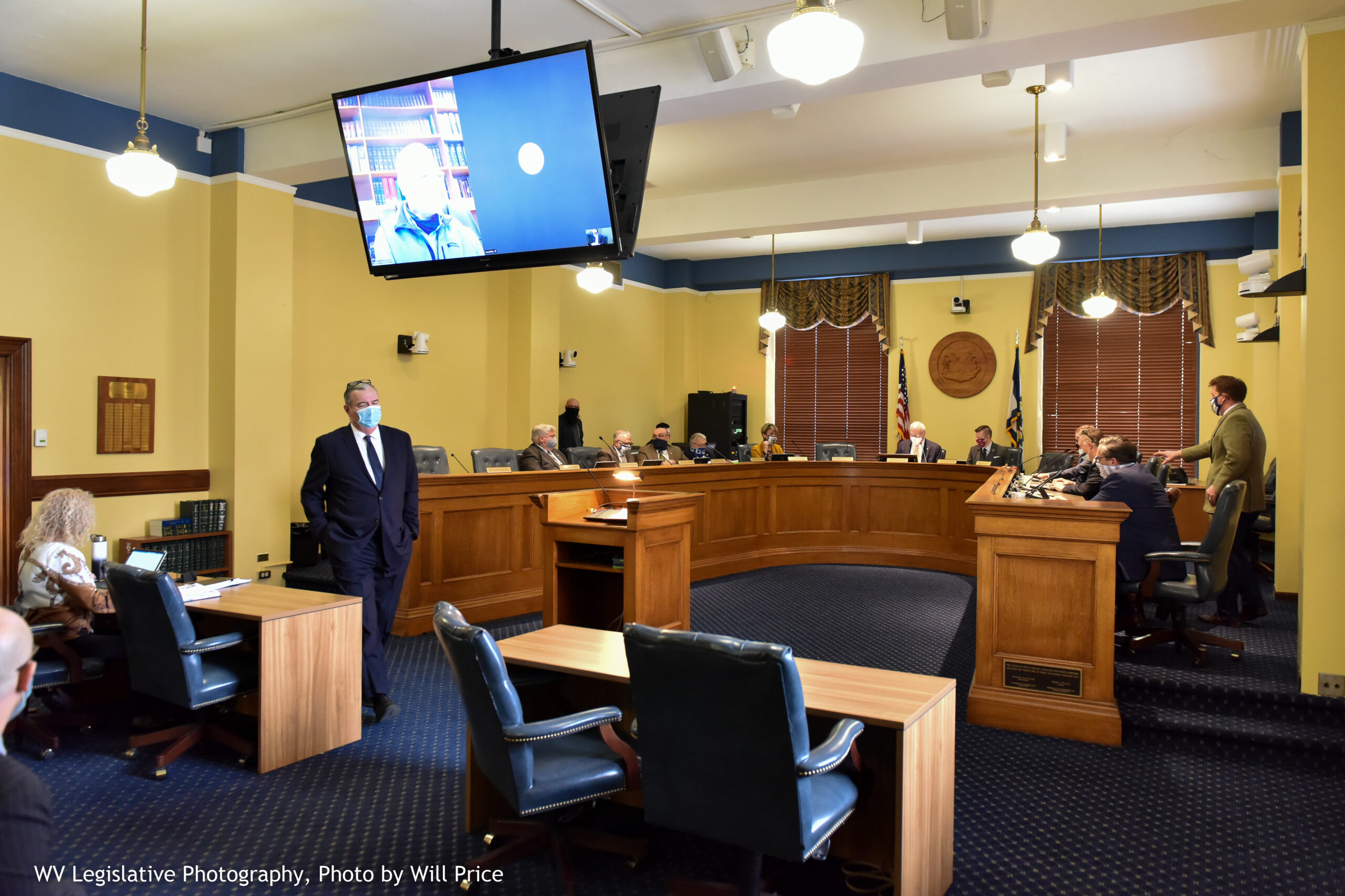MORGANTOWN – Legislative committee meetings got underway Thursday morning at the state Capitol and the House and Senate Judiciary committees made short work of a couple measures. One deals with broadband, one with churches.
Senate Judiciary unanimously approved SJR 4, a proposed Constitutional amendment to bring the state Constitution in line with the U.S. Constitution and current state law and practice.
SJR 4, if passed by both houses and approved by the voters, would eliminate a clause from the state Constitution that prohibits the state from granting charters of incorporation to churches and denominations.
Committee counsel explained that churches incorporate in order to obtain some legal protections, such as liability, and to make it easier to borrow money and purchase property.
The state of Virginia’s Constitution contained a similar clause counsel said, that was declared unconstitutional by a federal court in 2002 for violating the First Amendment. Virginia and West Virginia were the only two states with such a ban.
Starting in 2003, then-Secretary of State Joe Manchin began granting charters and all subsequent secretaries have done the same. More than 400 have been granted.
State code also allows the granting of charters, counsel said. SJR 4 would simply delete the sentence prohibiting the granting of charters from the Constitution and replace it with one saying, “Provisions may also be made by general laws for the incorporation of churches or religious denominations.”
It now goes to Senate Finance.
House Judiciary unanimously approved HB 2002, the broadband bill. It’s about 40 pages long and deals with a variety of details.
It updates the “Dig Once” provision that allows DOH to notify broadband providers when it will be doing a dig project of 1,000 feet or more so that the provider or providers can install fiber along the dig, saving time and money.
It clarifies the respective duties of the Office of Broadband and the Broadband Development Council. It specifies the meaning of unserved and underserved areas for prioritizing broadband development.
And, perhaps most important, it allows political subdivisions – counties and cities – to contract with broadband providers to lay fiber and to establish partnerships to provide local networks.
It passed unanimously and goes to the House floor.
TWEET David Beard@dbeardtdp
EMAIL dbeard@dominionpost.com




